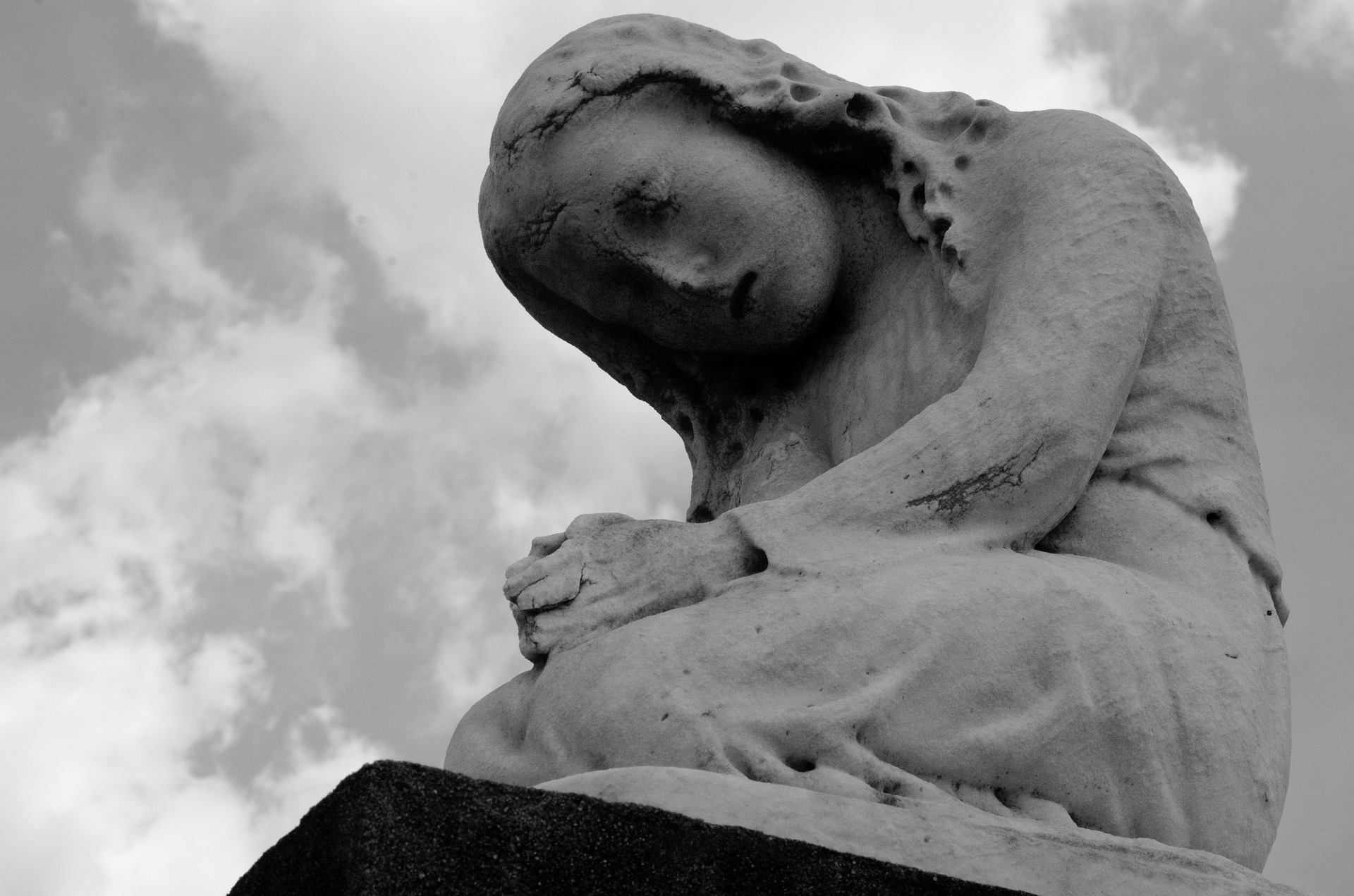Article XXII (X): Of Both Kinds In the Lord’s Supper
1] It cannot be doubted that it is godly and in accordance with the institution of Christ and the words of Paul to use both parts in the Lord’s Supper. For Christ instituted both parts, and instituted them not for a part of the Church, but for the entire Church. For not only the presbyters, but the entire Church uses the Sacrament by the authority of Christ, and not by human authority; and this, 2] we suppose, the adversaries acknowledge. Now, if Christ has instituted it for the entire Church, why is one kind denied to a part of the Church? Why is the use of the other kind prohibited? Why is the ordinance of Christ changed, especially when He Himself calls it His testament? But if it is not allowable to annul man’s testament, much less will it be allowable to annul the testament of Christ. 3] And Paul says, 1 Cor. 11:23ff, that he had received of the Lord that which he delivered. But he had delivered the use of both kinds, as the text, 1 Cor. 11, clearly shows. This do [in remembrance of Me], he says first concerning His body; afterwards he repeats the same words concerning the cup [the blood of Christ]. And then: Let a man examine himself, and so let him eat of that bread and drink of that cup. [Here he names both.] These are the words of Him who has instituted the Sacrament. And, indeed, he says before that those who will use the Lord’s Supper should use both. 4] It is evident, therefore, that the Sacrament was instituted for the entire Church. And the custom still remains in the Greek churches, and also once obtained in the Latin churches, as Cyprian and Jerome testify. For thus Jerome says on Zephaniah: The priests who administer the Eucharist, and distribute the Lord’s blood to the people, etc. The Council of Toledo gives the same testimony. Nor would it be difficult to accumulate a great multitude of testimonies. 5] Here we exaggerate nothing; we but leave the prudent reader to determine what should be held concerning the divine ordinance [whether it is proper to prohibit and change an ordinance and institution of Christ].
6] The adversaries in the Confutation do not endeavor to [comfort the consciences or] excuse the Church, to which one part of the Sacrament has been denied. This would have been becoming to good and religious men. For a strong reason for excusing the Church, and instructing consciences to whom only a part of the Sacrament could be granted, should have been sought. Now these very men maintain that it is right to prohibit the other part, and forbid that the use of both parts be allowed. 7] First, they imagine that, in the beginning of the Church, it was the custom at some places that only one part was administered. Nevertheless they are not able to produce any ancient example of this matter. But they cite the passages in which mention is made of bread, as in Luke 24:35, where it is written that the disciples recognized Christ in the breaking of bread. They quote also other passages, Acts 2:42,46; 20:7, concerning the breaking of bread. But although we do not greatly oppose if some receive these passages as referring to the Sacrament, yet it does not follow that one part only was given, because, according to the ordinary usage of language, by the naming of one part the other is also signified.8] They refer also to Lay Communion, which was not the use of only one kind, but of both; and whenever priests are commanded to use Lay Communion [for a punishment are not to consecrate themselves, but to receive Communion, however, of both kinds, from another], it is meant that they have been removed from the ministry of consecration. Neither are the adversaries ignorant of this, but they abuse the ignorance of the unlearned, who, when they hear of Lay Communion, immediately dream of the custom of our time, by which only a part of the Sacrament is given to the laymen.
9] And consider their impudence. Gabriel recounts among other reasons why both parts are not given that a distinction should be made between laymen and presbyters. And it is credible that the chief reason why the prohibition of the one part is defended is this, namely, that the dignity of the order may be the more highly exalted by a religious rite. To say nothing more severe, this is a human design; and whither this tends can easily be judged. 10] In the Confutation they also quote concerning the sons of Eli that, after the loss of the high-priesthood, they were to seek the one part pertaining to the priests, 1 Sam. 2:36 (the text reads: Every one that is left in thine house shall come and crouch to him for a piece of silver and a morsel of bread, and shall say, Put me, I pray thee, into one of the priest’s offices (German: Lieber, lass mich zu einem Priesterteil) that I may eat a piece of bread]. Here they say that the use of one kind was signified. And they add: “Thus, therefore, our laymen ought also to be content, with one part pertaining to the priests, with one kind.” The adversaries [the masters of the Confutation are quite shameless, rude asses, and] are clearly trifling when they are transferring the history of the posterity of Eli to the Sacrament. The punishment of Eli is there described. Will they also say this, that as a punishment the laymen have been removed from the other part? [They are quite foolish and mad.] The Sacrament was instituted to console and comfort terrified minds, when they believe that the flesh of Christ, given for the life of the world, is food, when they believe that, being joined to Christ [through this food], they are made alive. But the adversaries argue that laymen are removed from the other part as a punishment. “They ought,” they say, “to be content.”11] This is sufficient for a despot. [That, surely, sounds proud and defiant enough.] But [my lords, may we ask the reason] why ought they? “The reason must not be asked, but let whatever the theologians say be law.” [Is whatever you wish and whatever you say to be sheer truth? See now and be astonished how shameless and impudent the adversaries are: they dare to set up their own words as sheer commands of lords; they frankly say: The laymen must be content. But what if they must not?] This is a concoction of Eck. For we recognize those vainglorious words, which if we would wish to criticize, there would be no want of language. For you see how great the impudence is. He commands, as a tyrant in the tragedies: “Whether they wish or not, 12] they must be content.” Will the reasons which he cites excuse, in the judgment of God, those who prohibit a part of the Sacrament, and rage against men using an entire Sacrament? [Are they to take comfort in the fact that it is recorded concerning the sons of Eli: They will go begging? That will be a shuffling excuse at the judgment seat of God.] 13] If they make the prohibition in order that there should be a distinguishing mark of the order, this very reason ought to move us not to assent to the adversaries, even though we would be disposed in other respects to comply with their custom. There are other distinguishing marks of the order of priests and of the people, but it is not obscure what design they have for defending this distinction so earnestly. That we may not seem to detract from the true worth of the order, we will not say more concerning this shrewd design.
14] They also allege the danger of spilling and certain similar things, which do not have force sufficient 15] to change the ordinance of Christ. [They allege more dreams like these, for the sake of which it would be improper to change the ordinance of Christ.] And, indeed, if we assume that we are free to use either one part or both, how can the prohibition [to use both kinds] be defended? Although the Church does not assume to itself the liberty to convert the ordinances of Christ into 16] matters of indifference. We indeed excuse the Church which has borne the injury [the poor consciences which have been deprived of one part by force], since it could not obtain both parts; but the authors who maintain that the use of the entire Sacrament is justly prohibited, and who now not only prohibit, but even excommunicate and violently persecute those using an entire Sacrament, we do not excuse. Let them see to it how they will give an account to God for their decisions. 17] Neither is it to be judged immediately that the Church determines or approves whatever the pontiffs determine, especially since Scripture prophesies concerning the bishops and pastors to effect this as Ezekiel 7:26 says: The Law shall perish from the priest [there will be priests or bishops who will know no command or law of God].


